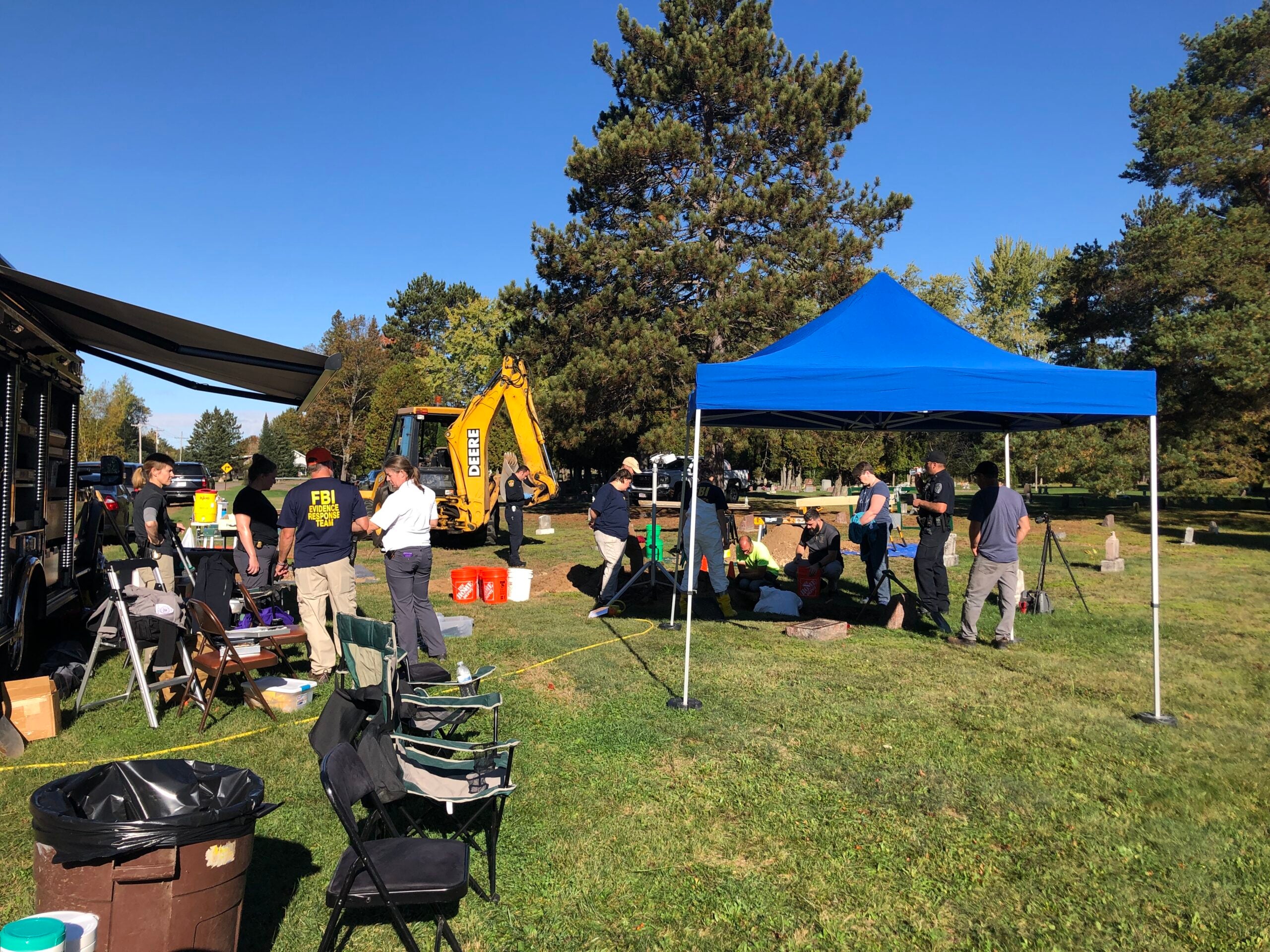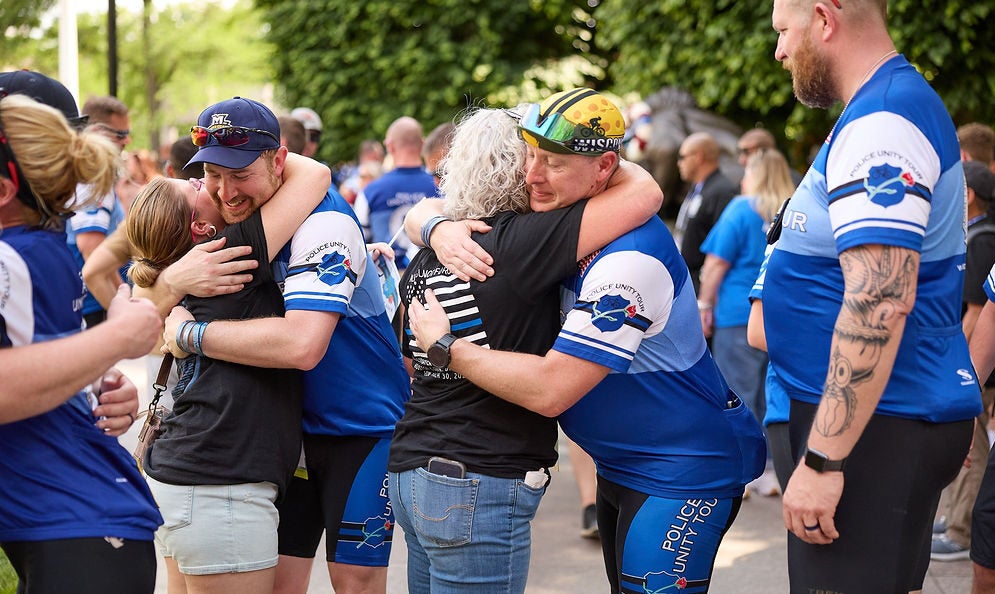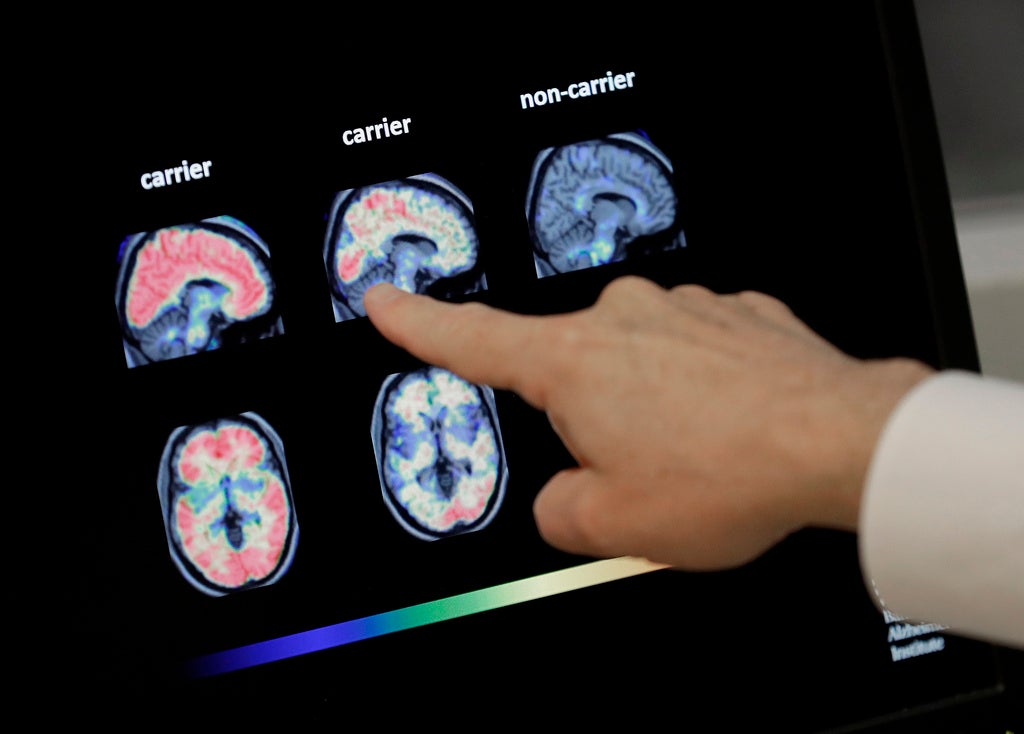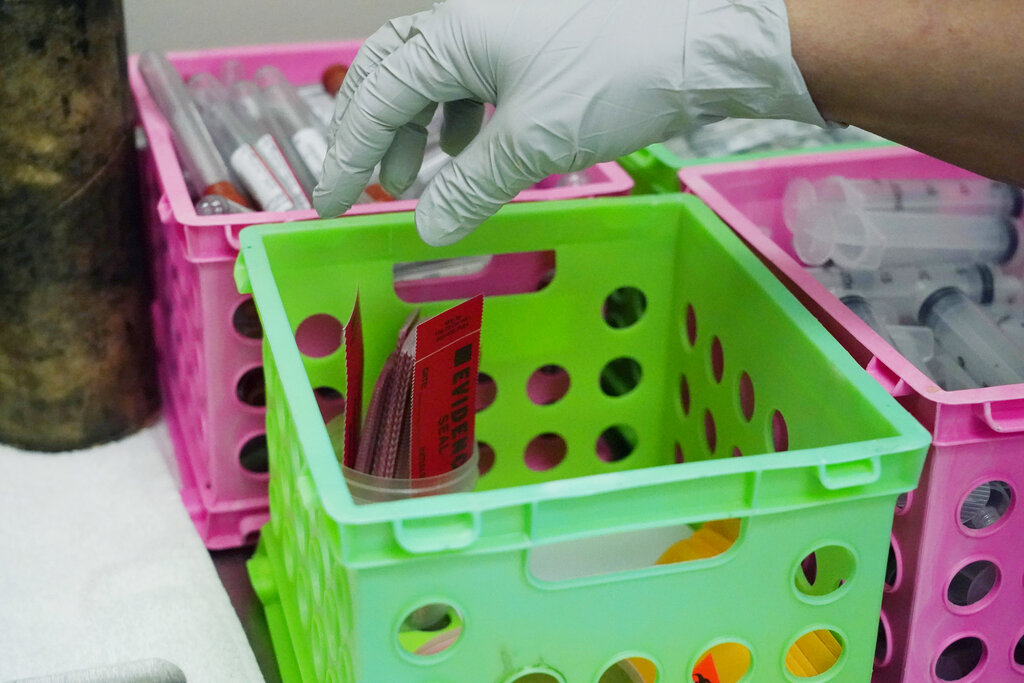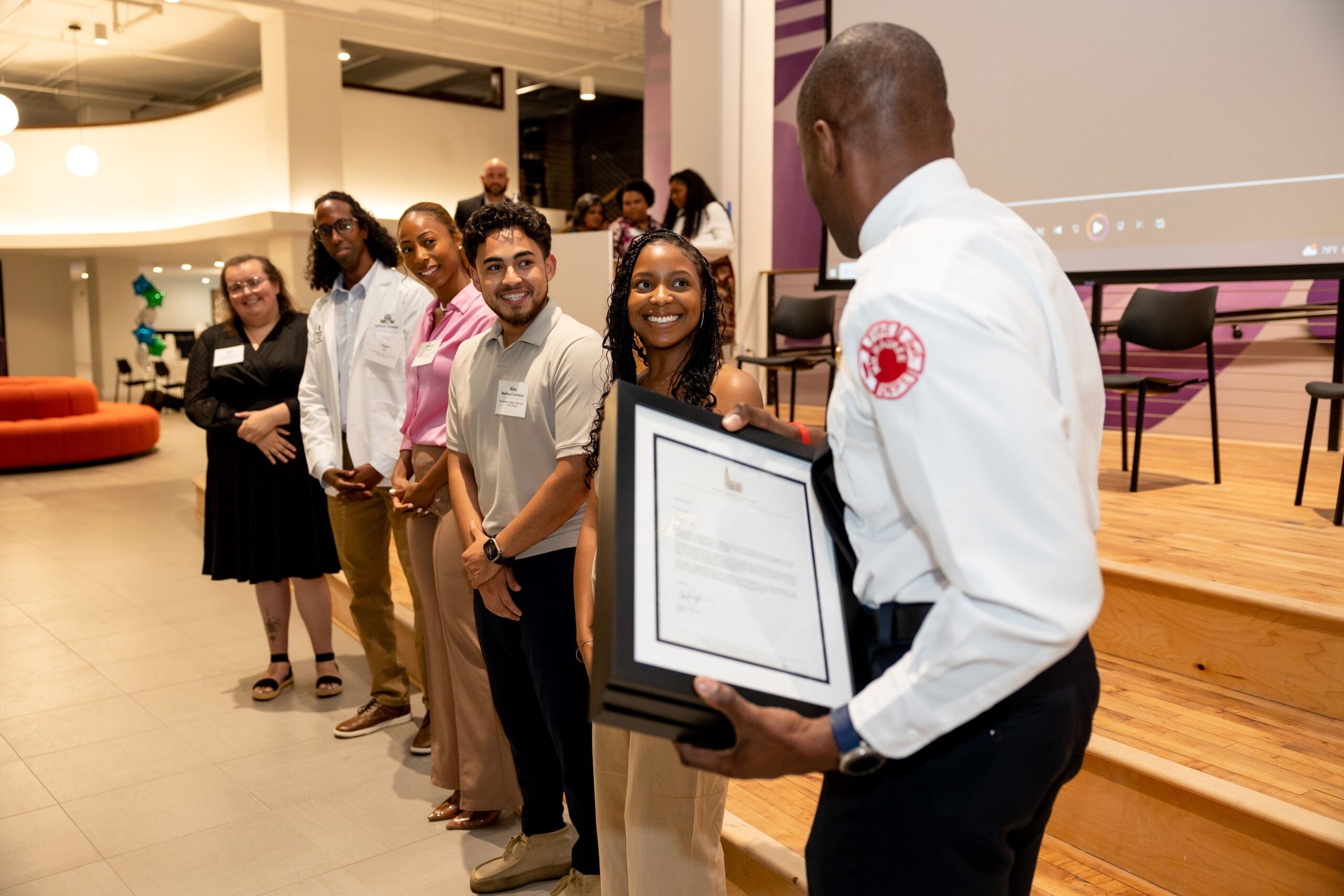In Wisconsin, forensic pathologists are the only people who can perform autopsies — and they have to be a fully licensed medical doctor. And there’s a shortage of forensic pathologists across the country and the state.
Crystal Schaub is chief medical examiner for Oneida, Vilas and Forest counties. Whereas a forensic pathologist is in charge of performing all state autopsies in a lab, a medical examiner works largely in the field collaborating with law enforcement on death investigations.
Schaub recently told WPR’s “Wisconsin Today” she is expecting a big change in her office’s capacity next year, when nearby Marathon County will transition its medical examiner’s office to a forensic pathology lab — including a physician forensic pathologist.
Stay informed on the latest news
Sign up for WPR’s email newsletter.
“She could literally service the entire northern part of Wisconsin, which is quite a few counties, and then of course her surrounding counties. It’s a game changer for us,” Schaub said.
Now, instead of driving three or more hours each way, to and from Madison to get an autopsy, Shaub’s staff will be able to drive just one hour to Marathon County.
Schaub also serves as president of Wisconsin Coroners and Medical Examiners Association. She shared more about what it means to her to be a medical examiner in Wisconsin.
The following was edited for clarity and brevity.
Kate Archer Kent: What was your pathway into your job as a chief medical examiner?
Crystal Schaub: I have 18 years of law enforcement experience. I was ready to just find a different path in life. I did a lot of death investigations when I was part of the patrol units. I asked the medical examiner at the time how I could do his job. I liked the puzzle work. He hired me part time, and in January of 2019, I took over as the chief medical examiner.
I don’t have any medical background. Everything that I learned was on-the-job training. I send my staff to annual trainings, conferences, anything that I can find that’s within my budget to send them to. We have to be able to adapt to trends such as when COVID happened, and the new designer drugs that are popping up everywhere.
KAK: ProPublica recently published a story saying that a sudden death of a baby in Idaho went uninvestigated. National guidelines suggest taking investigative steps in cases like this, but Idaho state law didn’t require any. What would Wisconsin have done differently?
CS: We don’t critique how other people do their jobs. But I can tell you what we would have done differently based on our laws: An infant would have had an autopsy — no ifs, ands or buts about it. We would have done a full scene investigation. We would have done the doll reenactment with the family.
KAK: What does that mean?
CS: A doll reenactment uses a stuffed bean bag to represent the patient. It doesn’t have a face, it doesn’t have genitalia, no identifying features. We’re trying to keep the families from having to relive every aspect, and if they look at a doll that’s got a face, it just really hurts them.
So this doll is a bean bag in the shape of a body, and we give it to the last person that was with that child. They take the doll and take us through their day. We can get so many more details doing the doll reenactment because the person will be able to say, “I was laying here. This is how my baby was laying, and then I got up and I put the baby over here.”
We sit with them and we talk and we listen to their stories. That’s important to them. And if it’s important to them, it’s important to me.
KAK: You call this person a patient, although they are deceased?
CS: Correct. This is my opinion: They are deceased, yes — they are legally a decedent because they are no longer with us. But if I call them deceased or a decedent, to the family, it’s just so final to them and it hurts them. They’re already in so much pain.
KAK: It seems like in so many aspects of your work, you’re trying to limit the trauma, contain the trauma, and be really attentive to what these families are facing in that moment.
CS: We try. Everybody deals with trauma their own way. There’s a lot of people out there who’ve never seen a dead body, and this could be the most traumatic thing that has ever happened to them.
I’ve dealt with death my whole life. I remember seeing dead bodies when I was a little child. I lost a sibling in my home when I was 5 and I remember that.
I know that everything I say to families, they’re going to remember that. We want them to go to the next phase of grief as easily as possible. We sit with them and we talk and we listen to their stories. That’s important to them. And if it’s important to them, it’s important to me.
KAK: How would you like to make your mark on the Wisconsin Coroners and Medical Examiners Association in your term as president?
CS: The simplest answer is: unity. We have such a great working relationship with all of our counties right now that’s been going on for decades, and I would like to see that continue.
When I first started doing this job, the chief medical examiner asked me, “Why do you want to do this job?” My heart told me: to shield people. That’s what we did in law enforcement, we shielded people, we kept the monsters at bay.
And when I die, I want somebody to respect me. I want somebody to cover me up. I want somebody to take care of me, for my family.
That was what I incorporated when I first took over this office: We need to shield these families from all the nastiness. They already are traumatized because they lost their loved one. Let’s show the patient the dignity that they deserve.
If you do it a couple of times, it becomes a habit. Now, not only are we doing it, we’re seeing law enforcement doing it. Law enforcement sees how we do our job, and they will do exactly what we do. It becomes a habit for everybody. That’s what I want.
Wisconsin Public Radio, © Copyright 2025, Board of Regents of the University of Wisconsin System and Wisconsin Educational Communications Board.
